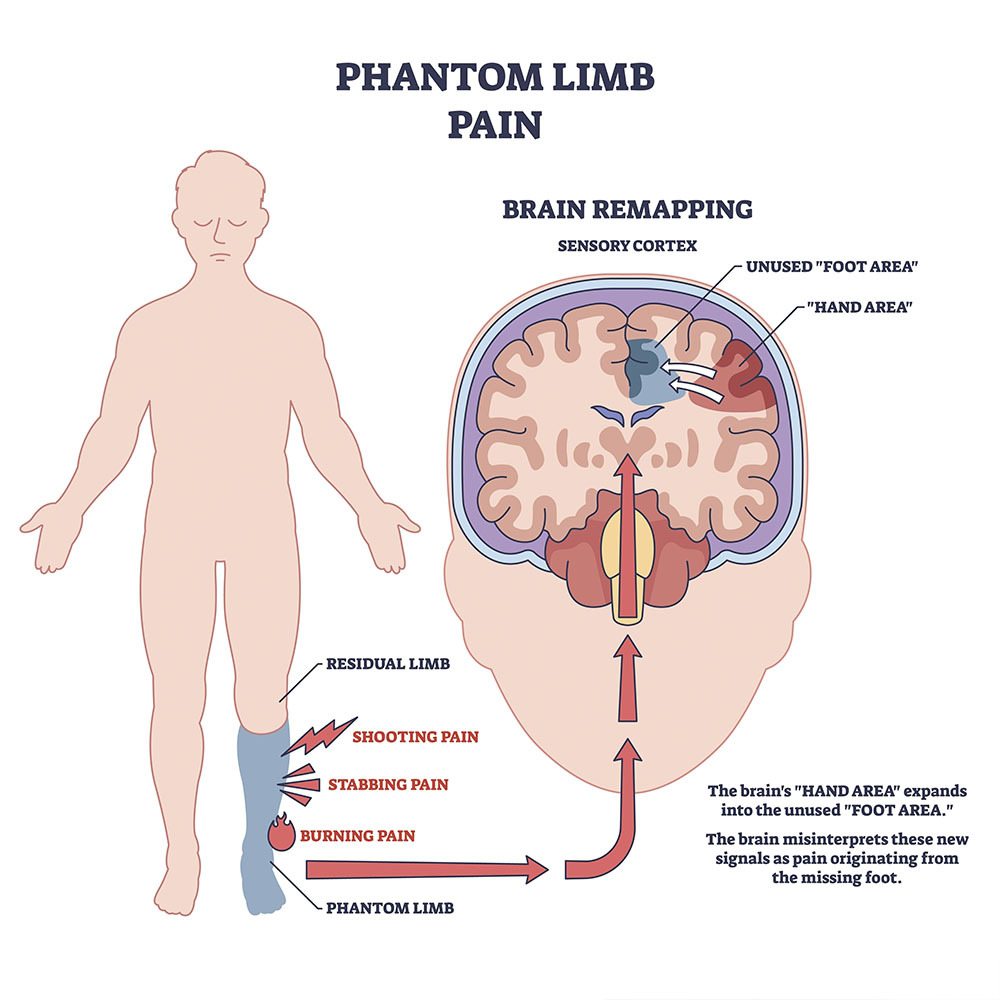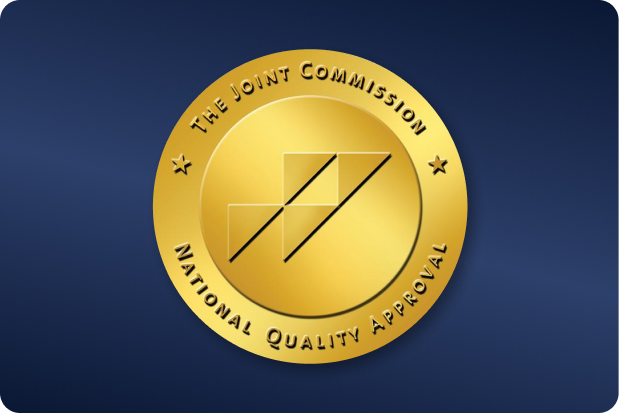 OUR LOCATIONSCall to book (212) 604-1300
OUR LOCATIONSCall to book (212) 604-1300
 OUR LOCATIONSCall to book (212) 604-1300
OUR LOCATIONSCall to book (212) 604-1300
Table of contents
Sometimes, people can suffer from chronic pain that they don’t quite understand. Even if scientists aren’t quite sure why certain pain occurs, there are still treatment options available.
One such mysterious pain is phantom limb pain. Amputees may suffer pain that feels like it’s originating in the missing limb for a variety of unknown reasons. If you’re dealing with phantom limb pain, it can be treated with medication, spinal stimulation, and exercises.
Phantom limb pain refers to the sensation of pain in a limb that has been amputated. Even though the physical limb is no longer there, patients may experience different types of pain sensations like burning, cramping, shooting, or aching in the area where the limb used to be.

This pain doesn’t look the same for everyone. Some experience a constant burning feeling, while others report random, sharp, shooting, or stabbing pains. It’s also common to have mixed sensations, such as tingling or pressure. Aside from pain, some people feel non-painful sensations too—things like movement, temperature changes, or itching in the missing limb.




The exact reasons behind phantom limb pain aren’t fully understood yet. Experts believe it results from a mix of factors, including changes in how the brain and spinal cord process signals after amputation, nerve damage near the site, irritation of peripheral nerves, and psychological elements such as stress or anxiety.
Diagnosing this type of pain requires a detailed look at your medical history and a thorough physical exam of the remaining limb. Sometimes, doctors use imaging tests or nerve conduction studies to exclude other potential causes. Specialists also consider factors like sleep quality, psychological state, and other health conditions to get a full understanding of your pain.
Managing phantom limb pain usually involves a combination of treatments. Medications like anticonvulsants, antidepressants, and pain relievers can help. Other therapies include nerve blocks, spinal cord stimulation, mirror therapy, physical rehabilitation, psychological support, and sometimes advanced neuromodulation techniques.
At New York Pain Care, we tailor each treatment plan to fit the patient’s unique experience, aiming to provide effective pain relief and improve daily life.
New York Pain Care
20 Squadron Blvd, Suite 290
New City, NY 10956
(212) 242-8160






